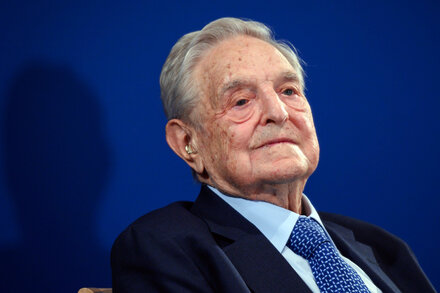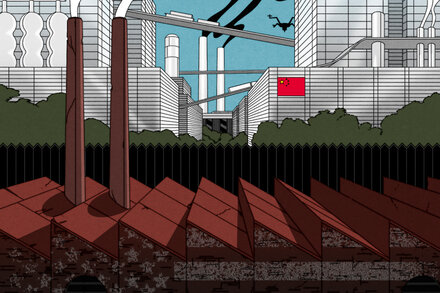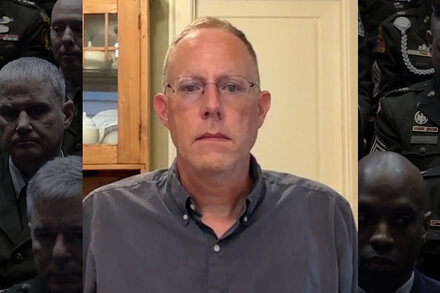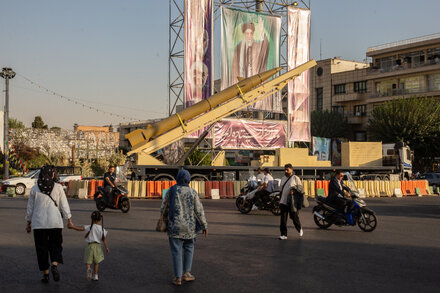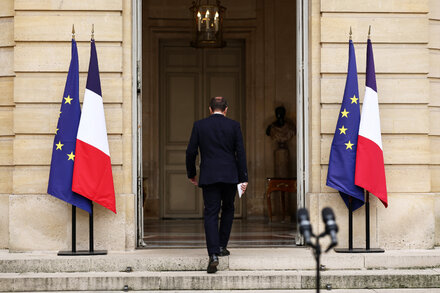
Paris is grappling with escalating political turmoil, leaving President Emmanuel Macron in an increasingly precarious position as his government navigates a fractured landscape marked by legislative deadlock and persistent public discontent. The deepening crisis, which has seen the French political system struggle to find stable ground, has placed unprecedented pressure on the Élysée Palace.
Following a series of electoral setbacks, most notably the significant gains by opposition parties in recent parliamentary elections, President Macron’s centrist coalition has found itself without a clear majority. This absence of a governing mandate has severely hampered the government’s ability to pass key legislation, leading to frequent no-confidence motions and a pervasive sense of political paralysis.
Sources close to the administration suggest that the president’s room for maneuver has diminished considerably. The political environment is characterized by intense negotiations and frequent stalemates, as both the far-right National Rally and the left-wing New Popular Front consolidate their positions, making bipartisan consensus elusive on critical issues ranging from economic reforms to social policy.
“The stability of our institutions and the cohesion of the nation are paramount in these challenging times,” Minister of the Armed Forces Sébastien Lecornu reportedly stated, reflecting the government’s focus on maintaining order amidst political flux. “We are committed to finding a path forward, despite the significant hurdles.”
The current instability is seen by many analysts as a direct consequence of the snap parliamentary elections, which, while intended to clarify the political landscape, instead resulted in an even more fragmented assembly. This has led to a period of effective cohabitation, albeit one without a formally designated Prime Minister from the opposition, forcing President Macron to govern with a minority and rely on ad-hoc alliances to pass even essential budget measures.
“President Macron’s options have significantly narrowed. He faces a profound test of leadership, where every political decision carries the risk of further destabilization,” commented Professor Sylvie Dupont, a political analyst at Sciences Po Paris. “The coming months will determine not only the fate of his presidency but potentially the direction of French politics for years to come.”
The ongoing political difficulties are also having repercussions on France’s standing on the European stage, with concerns about the nation’s ability to champion key initiatives and maintain its traditional leadership role within the European Union. As internal divisions persist, the government faces the dual challenge of addressing domestic concerns while upholding its international commitments.
With no clear resolution in sight, the political pressure on President Macron continues to mount, raising questions about the longevity of the current parliamentary term and the potential for further political realignments in the near future.
Source: Read the original article here.
